Crank Mechanism
Categories: Engineering Lab Equipment Mechanical Lab Equipment ManufacturerThe apparatus is intended to represent a simple engine mechanism and may be used by the students for simple experiments to investigate: The relationship between the piston displacement and the cran...
Product
Description
The apparatus is intended to represent a simple engine mechanism and may be used by the students for simple experiments to investigate:
- The relationship between the piston displacement and the crank angle for a given connecting rod/crank radius ratio.
- The relationship between the turning moment on the crank shaft and the crank angle for a given force on the piston.
Technical specifications
- The piston is fitted with brass rollers running on guide bars and needle roller bearings are fitted in the connecting rod so that friction is reduced to a minimum.
- A protractor is attached to the crank which may be rotated on the beam balance arm and clamped in any predetermined angular position.
- A linear scale is attached to the piston guide so that the piston displacement can be measured.
- The crank effort may be determined by attaching suitable masses to the beam balance arm.
- Experiment manual
Optional equipment :
- The unit may be wall mounted or fitted to the Universal Bench Mounting Frame.
Dimensions and weight
- Length : 540mm, Height : 270mm, Depth : 480mm
- Net Weight : 14kg
Essential requirements
- A set of masses.
quick overview :
The apparatus is intended to represent a simple engine mechanism and may be used by the students for simple experiments to investigate:
- The relationship between the piston displacement and the crank angle for a given connecting rod/crank radius ratio.
- The relationship between the turning moment on the crank shaft and the crank angle for a given force on the piston.
Technical specifications
- The piston is fitted with brass rollers running on guide bars and needle roller bearings are fitted in the connecting rod so that friction is reduced to a minimum.
- A protractor is attached to the crank which may be rotated on the beam balance arm and clamped in any predetermined angular position.
- A linear scale is attached to the piston guide so that the piston displacement can be measured.
- The crank effort may be determined by attaching suitable masses to the beam balance arm.
- Experiment manual
Optional equipment :
- The unit may be wall mounted or fitted to the Universal Bench Mounting Frame.
Dimensions and weight
- Length : 540mm, Height : 270mm, Depth : 480mm
- Net Weight : 14kg
Essential requirements
- A set of masses.
Product
Reviews
add Review
reviews
No Review Yet.
Copyrights © 2025 All Rights Reserved by Atico

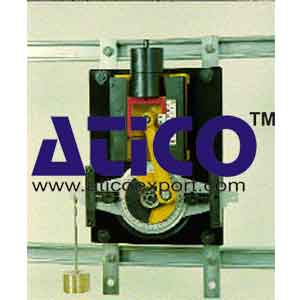




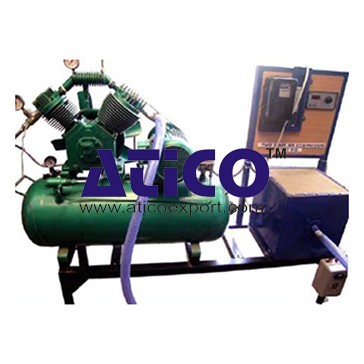
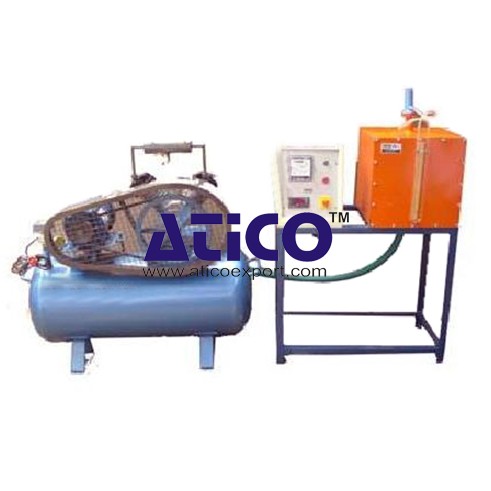

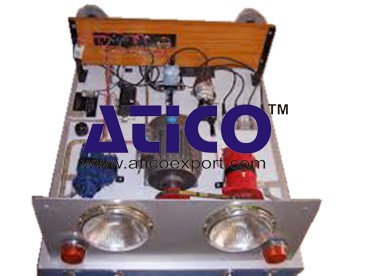

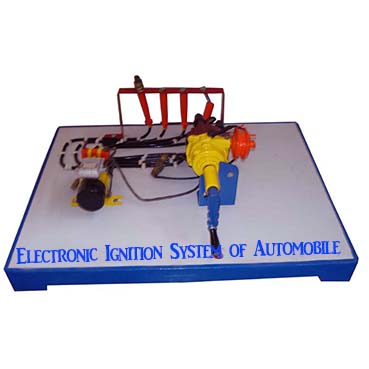
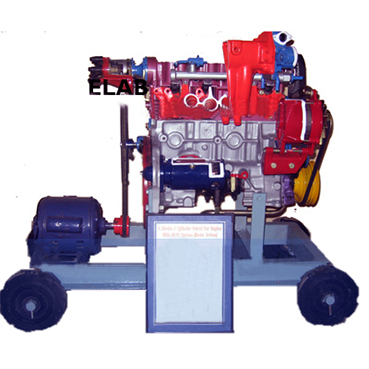
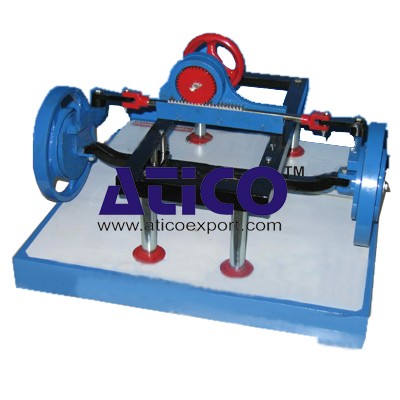
Product
Reviews
add Review
reviews
No Review Yet.